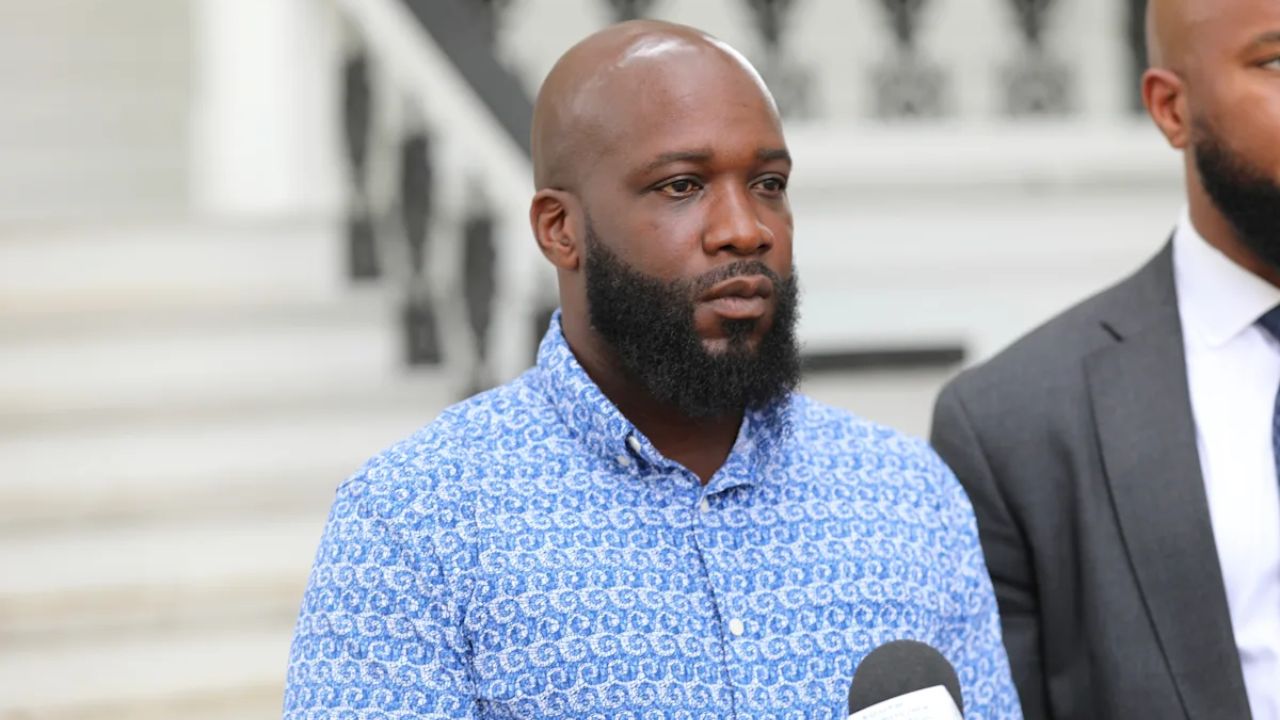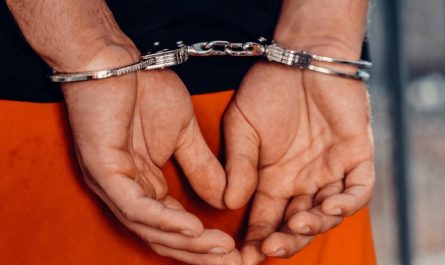Columbia, S.C. – When Jarvis McKenzie was shot at while waiting for his supervisor to pick him up for work in Richland County, the unsettling encounter revealed a deep divide in South Carolina’s approach to addressing crimes motivated by hate. McKenzie’s experience underscores the pressing need for a state-level hate crime law, a legislative gap South Carolina shares only with Wyoming.
The incident, in which a white man fired a rifle over McKenzie’s head while yelling racial slurs, has reignited calls for tougher penalties for hate crimes, as local ordinances with limited sentencing power have proven insufficient in combating racially motivated violence.
Local Ordinances Address Hate Crimes but Lack Strong Enforcement
While Richland County has a hate crime ordinance and the shooter is the first charged under it, these local laws restrict offenders to misdemeanors and sentences capped at one month in jail. The limitations highlight a significant shortfall compared to the proposed statewide hate crime bill which is supported by businesses and would impose heavier penalties, adding years to convictions for violent crimes motivated by hatred of race, religion, gender, sexual orientation, or ethnicity.
McKenzie’s daily routine, which once involved waiting just outside his neighborhood before work, has become marred by fear and anxiety.
“It’s heartbreaking to know that I get up every morning. I stand there not knowing if he had seen me before,” McKenzie said.
- The shooting occurred on July 24, 2023, captured on security footage showing the assailant firing through McKenzie’s car window.
- This alarming event is the first hate crime charge under Richland County’s local ordinance.
- Local penalties for hate crimes remain capped at misdemeanor levels, illustrating the need for stronger state legislation.
Legislative Efforts Stalled Since Charleston Church Massacre
The absence of a statewide hate crime statute became glaringly evident after the 2015 Charleston church massacre that left nine Black worshippers dead, sparking nationwide outrage and renewed demands for legal protections.
Although the South Carolina House passed a hate crime bill in 2021, persistent resistance in the Senate—where leadership has avoided a vote—has left the proposal stalled for years, including again in 2023.
Senate Majority Leader Shane Massey publicly expressed reservations, fearing the legislation would deepen societal divisions rather than help.
“The problem right now is there is a number of people who think that not only is it feel good legislation, but it is bad legislation. It is bad policy not because people support hate but because it furthers division,” Massey said on the Senate floor.
- South Carolina remains one of just two states without its own hate crime law, alongside Wyoming.
- The bill has been blocked despite bipartisan support, including from some Republicans.
- Key debates in the Senate focus on other issues, leaving hate crime legislation sidelined.
Supporters Argue Federal Laws Are Insufficient for Local Justice
Opponents of a state hate crime law often cite existing federal hate crime statutes and the prosecution of the Charleston church shooter at the federal level. However, advocates argue that federal enforcement is limited by resources and jurisdictional restrictions, particularly regarding juveniles and local community concerns.
Richland County Sheriff Leon Lott, a proponent of local hate crime ordinances, emphasized the importance of a state law tailored to address these offenses promptly and effectively.
“It’s common sense. We’re making something very simple complicated, and it’s not complicated. If you commit a crime against somebody just because of the hate for them, because of who they are, the religion, etcetera, we know what that is,” said Sheriff Lott.
- Federal hate crime law prosecutions are limited by jurisdiction, resources, and cannot address local nuances.
- Democratic senators have expressed frustration over the Senate’s failure to advance hate crime legislation despite passing other criminal justice bills.
- Legal experts warn that the lack of state hate crime laws emboldens white supremacist groups.
“The subliminal message that says if you’re racist and you want to commit a crime and target somebody for their race, gender, ethnicity, sexual orientation or whatever it is you can do it here,” said Tyler Bailey, McKenzie’s attorney.
Governor and Opposition Cite Existing Laws and Concerns Over Freedom
Governor Henry McMaster acknowledges local governments’ reasons for enacting their hate crime ordinances but maintains that current South Carolina laws on assaults and violent crimes enable judges to apply maximum sentences when hate is involved.
He expressed caution about laws that delve into the motives behind crimes, fearing they may infringe on personal freedoms and complicate law enforcement.
“There’s no such thing as a love crime. There is always an element of hatred or disrespect or something like that,” McMaster said, emphasizing concerns over policing thought or speech.
Nevertheless, law enforcement advocates continue to stress the need for explicit protections to safeguard individuals from hate-driven violence and uphold constitutional rights.
“I think it’s very important that we protect everybody. My race, your race, everybody’s race, your religion, there needs to be some protection for that. That’s what our Constitution gives us,” Sheriff Leon Lott stated.
- The assailant faces potential prison time up to 20 years for assault and battery of a high and aggravated nature.
- However, McKenzie still feels haunted by the incident and a lack of statewide hate crime protections.
- The broader debate highlights tension between punishment, prevention, and free speech concerns.
Looking Ahead: The Future of Hate Crime Legislation in South Carolina
South Carolina’s struggle to pass comprehensive hate crime laws reflects complex political dynamics and social divisions. With local ordinances offering limited deterrence, advocates are urging state lawmakers to finally act to protect vulnerable communities.
As the state continues to face incidents like McKenzie’s shooting, the call grows louder for legislation that can provide stronger legal recourse and societal condemnation of hate crimes.
Key Takeaways:
- South Carolina remains one of the last states without an official hate crime law.
- Local ordinances exist but impose only misdemeanor-level penalties.
- Legislative efforts have stalled in the Senate despite support in the House.
- Federal hate crime laws are seen as insufficient for addressing local hate crimes effectively.
- Authorities and advocates urge adoption of state legislation to protect all residents.
What do you think about South Carolina’s ongoing struggle with hate crime legislation? Have you or someone you know been affected by similar incidents? Share your thoughts and experiences in the comments below.




